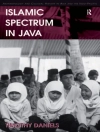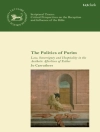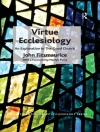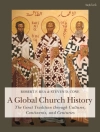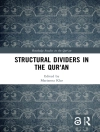Looks at the role of Jewish American fiction in the larger context of American culture.
In American Talmud, Ezra Cappell redefines the genre of Jewish American fiction and places it squarely within the larger context of American literature. Cappell departs from the conventional approach of defining Jewish American authors solely in terms of their ethnic origins and sociological constructs, and instead contextualizes their fiction within the theological heritage of Jewish culture. By deliberately emphasizing historical and ethnographic links to religions, religious texts, and traditions, Cappell demonstrates that twentieth-century and contemporary Jewish American fiction writers have been codifying a new Talmud, an American Talmud, and argues that the literary production of Jews in America might be seen as one more stage of rabbinic commentary on the scriptural inheritance of the Jewish people.
สารบัญ
Acknowledgments
Introduction
1. Henry Roth’s First Novel: Call It Jewish?
2. Reflecting the World: Bernard Malamud’s Post-Holocaust Judaism
3. Bellow’s Short Fiction: Something Jewish To Remember Him By
4. Rebecca Goldstein: The Ethics of Second-Generation Witnessing
5. Four Questions for Allegra Goodman
6. Henry Roth’s Second Novel: Mercy for a Rude Youth
Conclusion: The Future of Jewish Fiction in America
Appendix: An Interview with Rebecca Goldstein
Notes
Works Cited
Index
เกี่ยวกับผู้แต่ง
Ezra Cappell is Assistant Professor of English and Director of the Inter-American Jewish Studies Program at the University of Texas at El Paso.


